This is not only a simple educational effort but also a clear demonstration of a strong investment strategy in people - the core driving force of sustainable development.
INVESTING IN THE NEW GENERATION OF YOUTH
For a long time, preschool education has been considered by experts around the world as the "golden stage" for children's development. The period from 3 to 5 years old is the time when the brain develops the fastest, children acquire language, form skills, social emotions and basic habits. Having access to an early learning environment helps children develop comprehensively and creates a solid foundation for learning at the next levels.
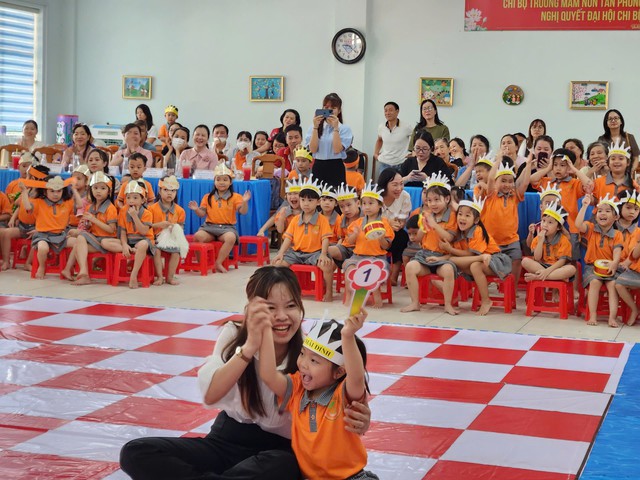
The allocation of about 116,314 billion VND for the universal preschool program for 3-5 year olds by 2030 is a clear commitment of the state to the cause of human development.
PHOTO: THUY HANG
According to General Secretary To Lam , towards 2045, the important milestone of the 100th anniversary of the founding of the country, we set a strategic goal of becoming a developed country with high income. The period from 2025 to 2045 is only 20 years. The babies born during this period will be the new generation of youth, the future owners of a prosperous and developed Vietnam. To move towards 2045 with the vision of a comprehensively developed Vietnam, orienting human development, especially the young generation, becomes a strategic priority.
Regarding universal preschool education (PCGD) for 5-year-old children, Vietnam has achieved positive results. By 2025, the whole country will have 100% of provincial-level units, 99.9% of district-level units and 99.95% of commune-level units recognized as meeting the standards of universal preschool education for 5-year-old children.
From this reality, expanding universal education to the 3-4 year old group is an inevitable step, in line with the orientation of comprehensive human development.
The allocation of approximately VND116,314 billion for the universal preschool program for 3-5 year olds by 2030 is a clear commitment of the government to the cause of educating people. This fund will be used to build schools, train and support teachers, and support tuition and meals for children - especially in remote, isolated, island and ethnic minority areas where children are still disadvantaged.
This is not only an investment in education but also in economic growth and social equity. Children are cared for, parents, especially women, can work with peace of mind, thereby increasing labor productivity and reducing gender inequality in the labor market.
GREAT OPPORTUNITIES BUT NOT A FEW CHALLENGES
The PCGD preschool program for children aged 3-5 opens up many important opportunities: improving the quality of human resources from the root, narrowing the regional gap, enhancing social equity and promoting the comprehensive development of children. This is also an opportunity for the community, family and school to join hands to create a healthy and loving learning environment for young children. This PCGD is implemented in a favorable context where the state exempts tuition fees for all public preschool students and supports tuition fees for non-public preschool students.
However, the challenges for this career are not small. The school system in many places is still lacking, kindergartens have many separate locations, and the teaching staff does not meet the requirements in terms of both quantity and quality. The overcrowding situation in public schools in urban areas, while many private schools have high tuition fees, causing difficulties for parents. In some industrial zones, there is a lack of kindergartens for workers' children...
In particular, in remote areas, conditions are still difficult. Schools lack facilities and equipment, parents have limited awareness, many children do not have birth certificates, some ethnic minority children still have language barriers when going to school. Preschool teachers are under great pressure but have low incomes, and inadequate treatment...
In addition, without a strict monitoring mechanism, the process of preschool education can easily be distorted, chasing after achievements, focusing on quantity while ignoring quality; negative issues and waste will occur in the care and education of children, especially in boarding schools that receive state funding for food and accommodation.
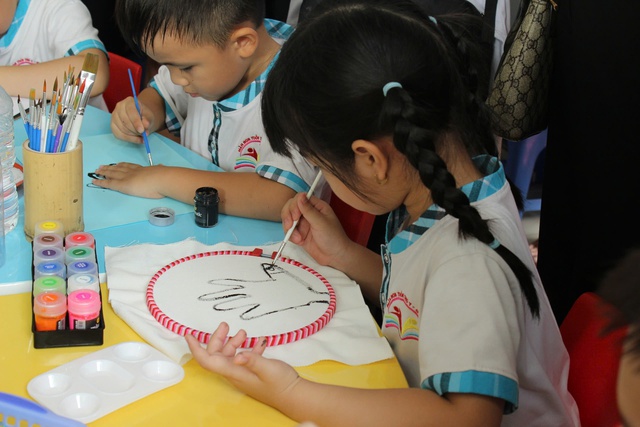
Preschool education is the "golden stage" for children's development.
Photo: Thuy Hang
SOLUTIONS FOR PRACTICAL AND SUSTAINABLE UNIVERSALIZATION
To make the preschool education program for 3-5 year old children effective, it is necessary to synchronously deploy many solutions.
Build a flexible roadmap according to the characteristics of each locality, prioritizing disadvantaged areas, avoiding dispersion. Invest properly in building schools and learning equipment, especially in rural and mountainous areas. Large cities and localities with developed socio-economic conditions should increase socialization in opening private kindergartens, high-quality kindergartens, and international kindergartens.
It is necessary to train, recruit and properly treat preschool teachers - the force that plays a key role in success.
Strengthen communication and raise public awareness about the importance of early education; support birth certificates for students; determine that universalization needs to be implemented flexibly, appropriately for each region, and not hastily.
It is necessary to closely monitor quality, avoid universalization of form, ensure that all children learn in a safe, loving environment and develop properly. Apply information technology in universal management and support education in the current context of merging provinces and communes and abolishing district level.
Preschool education for children aged 3-5 is a big step, requiring long-term vision, political determination and responsibility from the whole society. In the context of Vietnam entering a new era, the era of national development, focusing on early education is not only an investment for children today, but also an investment for a fair, humane and sustainable society in the future.
International experience and lessons for Vietnam
Many countries have recognized the strategic role of preschool education in human resource development and social equality, and have gradually implemented universal primary education for children aged 3-5. However, this process has not been going on for a long time, and Vietnam has many similarities in implementation time with developed countries.
In France, in 2019, the government officially enacted a law requiring children from the age of 3 to attend kindergarten, becoming the first country in the European Union to apply universal preschool education from such an early age. Before that, the French kindergarten system was very developed but not compulsory.
In Korea, since 2012, free preschool education has been applied to all children aged 3-5, aiming to create fair conditions for all families in accessing early education.
Japan has implemented a tuition-free policy for children aged 3-5 since 2019, through the "Free Childcare and Education" program, to encourage having children and reduce the burden of child-rearing costs for families.
Singapore, a country highly regarded for its education in Asia, launched the "KidSTART" program in 2019 to help children from 3 years old from low-income families access quality preschool education. The country aims to have 80% of children studying in public preschool centers with quality control by 2025.
Looking at these milestones, it can be seen that Vietnam is not too far behind, and is even on par with many countries in the region and the world. The goal of universal preschool education for children aged 3-5 by 2030 is completely reasonable in the current socio-economic context. More importantly, Vietnam has the opportunity to learn, gain experience and avoid repeating the mistakes that previous countries have encountered.
Source: https://thanhnien.vn/pho-cap-giao-duc-cho-tre-3-5-tuoi-dau-tu-cho-tuong-lai-ben-vung-185250529231006487.htm


![[Photo] President Luong Cuong receives President of the Senate of the Czech Republic Milos Vystrcil](/_next/image?url=https%3A%2F%2Fvphoto.vietnam.vn%2Fthumb%2F1200x675%2Fvietnam%2Fresource%2FIMAGE%2F2025%2F11%2F20%2F1763629737266_ndo_br_1-jpg.webp&w=3840&q=75)

![[Photo] Lam Dong: Panoramic view of Lien Khuong waterfall rolling like never before](/_next/image?url=https%3A%2F%2Fvphoto.vietnam.vn%2Fthumb%2F1200x675%2Fvietnam%2Fresource%2FIMAGE%2F2025%2F11%2F20%2F1763633331783_lk7-jpg.webp&w=3840&q=75)


![[Photo] National Assembly Chairman Tran Thanh Man holds talks with South Korean National Assembly Chairman Woo Won Shik](/_next/image?url=https%3A%2F%2Fvphoto.vietnam.vn%2Fthumb%2F1200x675%2Fvietnam%2Fresource%2FIMAGE%2F2025%2F11%2F20%2F1763629724919_hq-5175-jpg.webp&w=3840&q=75)


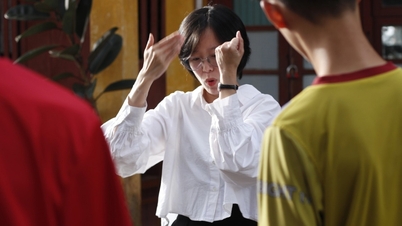

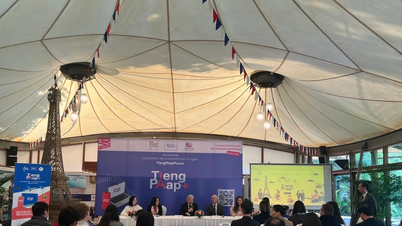

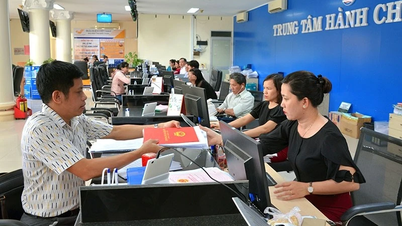

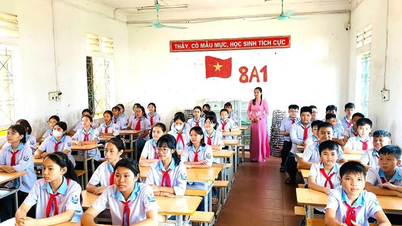










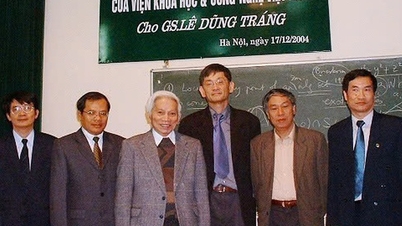













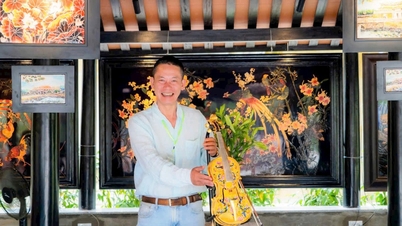

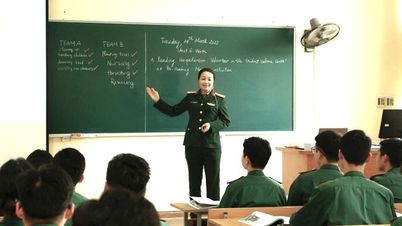


















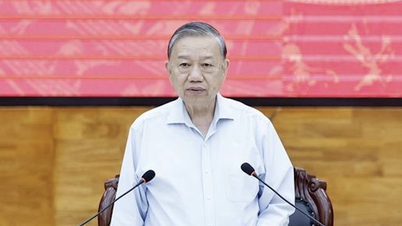


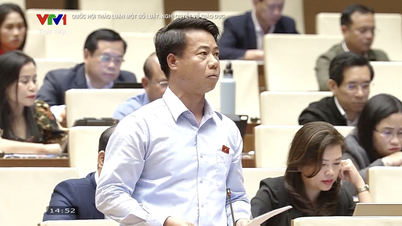








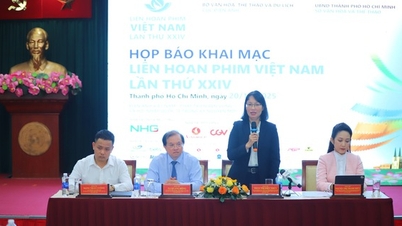



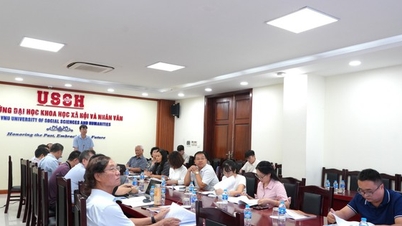




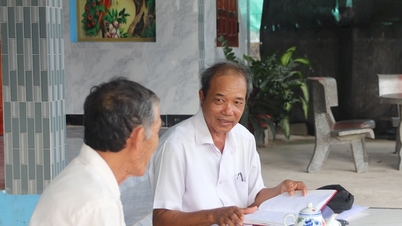

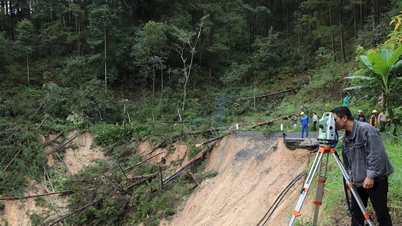
















Comment (0)